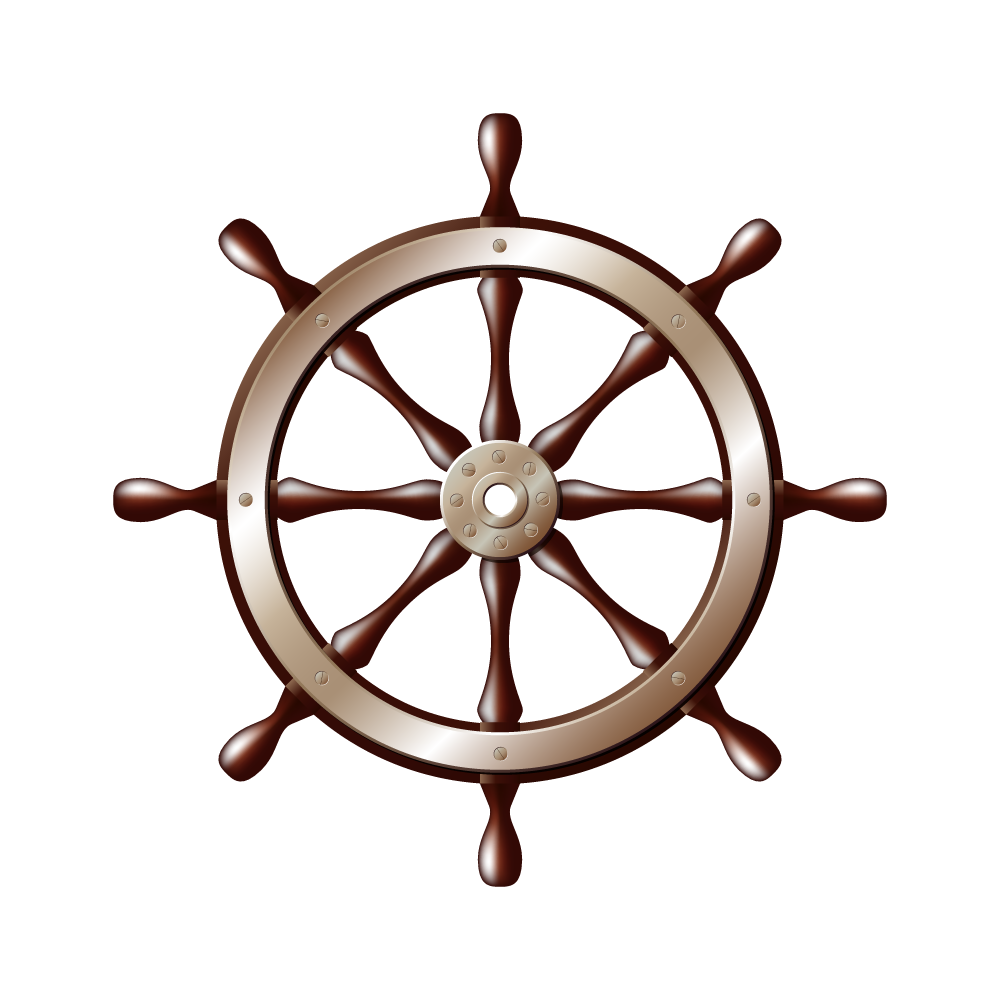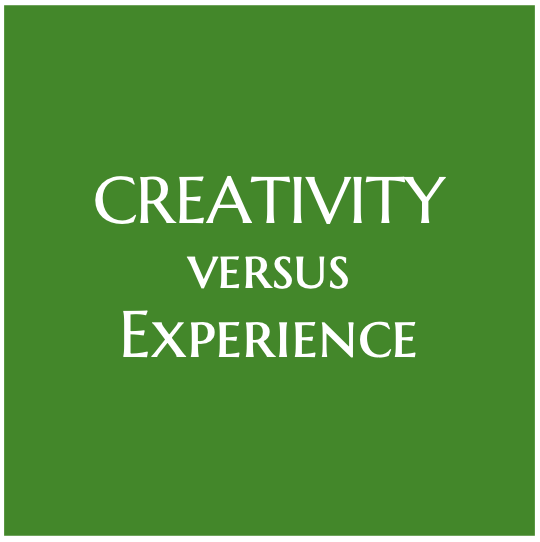The Noble Path and Its Hidden Trap
I recently saw Willie, my hairstylist, who works two jobs and visits the senior home twice a day to feed his mother. There’s not a flicker of complaint in his voice — only quiet devotion. Two close friends of mine made a similar choice, refusing to place their daughter with special needs in an institution. They take turns as caregivers while each carries a demanding career.
We’re taught that to give is noble. To walk the Noble Path — steady, devoted, selfless — is an ideal honored in every culture. It is the path of compassion, of service, of putting others before oneself.
And in its purest form, the Noble Path inspires awe. We see it in Florence Nightingale, tending the wounded long after her own strength had frayed. We read it in the story of King Arthur’s knight Sir Gawain, who offered his life to uphold honor and protect others. These acts — whether in history or legend — were chosen freely, carried without fanfare, and grounded in inner conviction.
I have met many Unseen Anchors who walked this path quietly, without naming it. They all chose this path willingly and lovingly. There’s no resentment.
But for some, the path has its shadow. On the other side of the Noble Path lies the Noble Trap — where good intention and selflessness lead to exhaustion.
When the Noble Path starts to feel like Sacrifice
You give until you’re depleted
.
You help until you disappear
.
You say yes while your body whispers no.
Everyone else praises you for taking this path.
You’re so strong.
I don’t know how you do it.
You’re amazing.
People around you call your choice as a sacrifice.
Let’s take a closer look at that word for a moment.
Sometimes it may feel that way.
Other times, it’s simply the path you chose because it was the right thing to do.
Is it a sacrifice?
It sounds noble. It is noble.
But in our modern lives, sacrifice is often tangled with unspoken expectations and obligations — and that’s where the trouble begins.
In its noble form, sacrifice is chosen freely. It carries no resentment, no hidden ledger.
In its distorted form, it becomes transactional — a long tunnel with no light, or a revolving door that offers no pause for rest and refuel.
Or a trade-off?
How about we reframe our decision as a trade-off:
• I’m choosing A, so I’ll postpone B for now.
• I’m choosing to care for this person, which means setting aside this other thing — not forever, but for this chapter.
• I’m choosing to take on more responsibilities because it is the right thing to do right now — to support someone who needs help.
Trade-offs reflect deliberation and intention.
They’re clear. They return your agency.
They help you move from depletion to acceptance — and sometimes even to peace.
Trade-offs give you more space to breathe because you recognize it as choice.
And to paraphrase Marcus Aurelius, we have no control over events or circumstances; only how we choose to respond that can save us.
With a scarcity mindset without little or no resources?
Or with a growth mindset with potentiality and abundance?
Anchoring the Anchor
As you anchor others, anchor yourself.
As you find yourself depleted, pause and take stock:
• Am I giving from fullness or from obligation?
• Do I know what I’ve traded — and was I at peace with it?
• What does it take to help me reset? Find grounding in the present?
• What self-care habits do I practice to decompress and replenish?
• Have I allowed anyone to carry me, even just a little?
• How and where can I ask for help?
The Noble Path is not sustained by reward, recognition, or future gain — it’s simply walked because something in you knows it is right, obvious, or necessary.
Even when chosen willingly, it can still be reframed in a way that nourishes you, not just those in your care.
You can honor what you’re giving as a conscious trade-off, rather than a sacrifice that drains you. And in that shift, the path you walk remains yours — steady, alive, and grounded in choice.
Where in your life have you used the word sacrifice when you might reframe it as a trade-off — made with clarity, compassion, and grace? And how might you extend that same grace toward yourself?
••••••••
#EastWestWisdom #Well-Being #TheUnseenAnchor #FounderWellbeing #FounderEmpowerment #FounderJourney #EmotionalResilience #AnchorRoles #TheUnseenAnchor
© August 13, 2025 – My-Tien Vo







